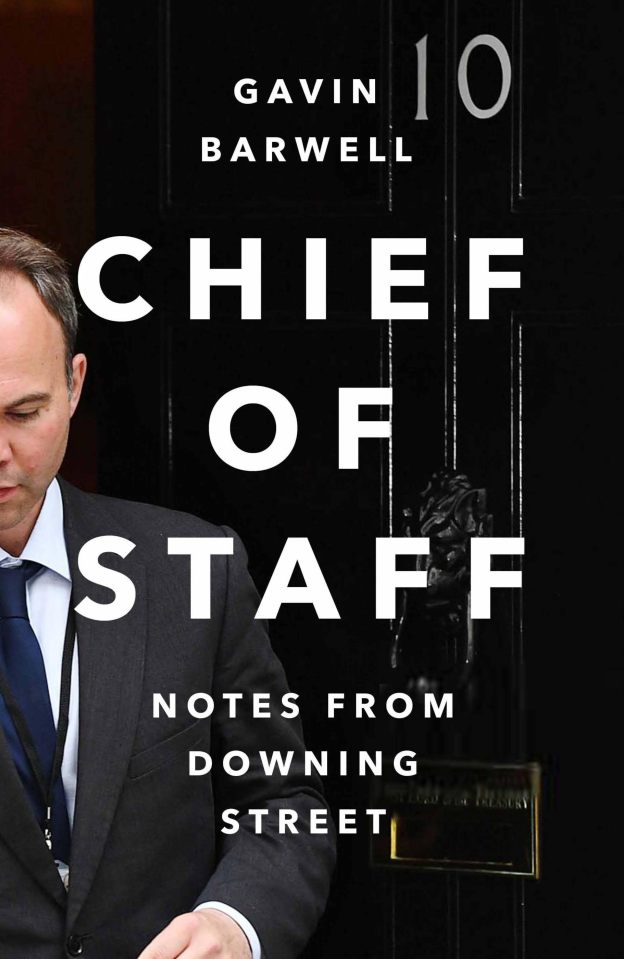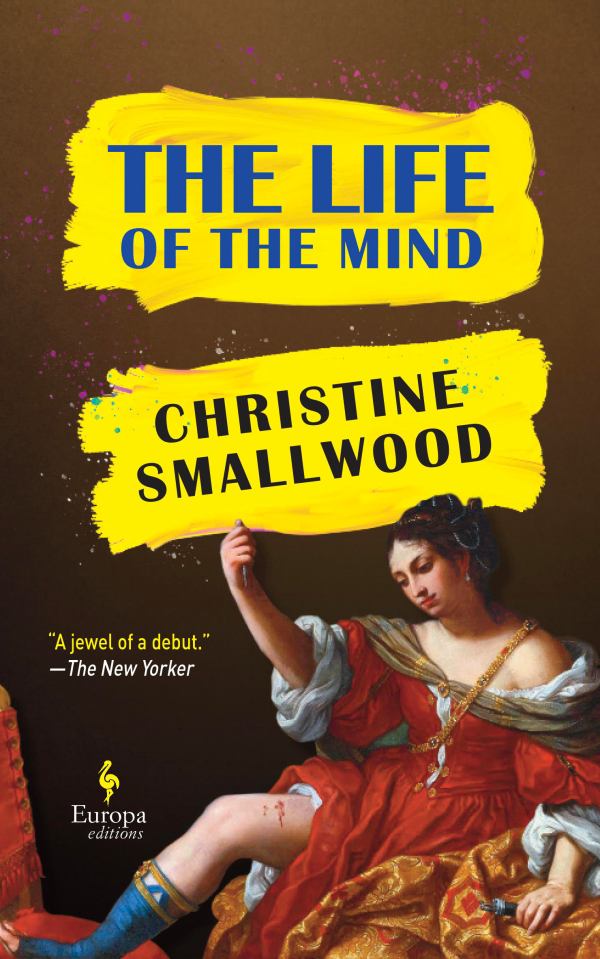Christmas Special: Books of 2021 from Mayhem to Madness

Back into the mayhem: Chief of Staff by Gavin Barwell
Gavin Barwell was a middle-ranking minister when he lost his Croydon Central seat at the cack-handed 2017 general election. He was 45, bright, personable and loyal, and he had sensed that defeat might come, promising in his concession speech to spend more time with his young family. Then, within hours, Theresa May asked him to be her chief of staff, replacing the toxic pairing of Nick Timothy and Fiona Hill, whom many blamed for the Conservatives’ electoral setbacks.
The idea of his appointment is attributed to several people: Barwell himself mentions the late Jeremy Heywood, cabinet secretary, Gavin Williamson, then chief whip, and George Hollingbery, May’s PPS. But his CV had much to recommend it. As a former MP, whip and party official, he understood the Conservative Party and its mysteries, and as a former minister he had a grasp of how Whitehall worked. A cynic might also observe that he had nothing to lose and everything to gain.
What follows is a headlong dash through the last two years of Brexit-battered Theresa May’s benighted premiership. The narrative reads briskly and wraps the reader up in the sense of desperate haste—the speed with which the book was prepared is given away by the lack of an index. Necessity becomes virtue, and the atmosphere of Downing Street in 2017-19, part Downfall, part Cannonball Run, seeps out of the pages.
Barwell is a companionable narrator, no fool nor a blinkered ideologue. Even before he was appointed chief of staff, he had voiced some criticisms of May’s style and conduct, and he knows when he accepts the job that it is bartending in the last-chance saloon. Disaster could arrive at any time.
Some will find it painful to relive those tortured months of negotiation, compromise, intransigence, concession and confusion which represented Theresa May’s well-meaning but ultimately doomed attempts to unify her fractious party around a settlement to fulfil the promise of the 2016 referendum. Barwell himself will have found writing this book an exercise in picking at wounds; many observers still twitch involuntarily when the phrase “indicative vote” is voiced. But he was there, at close quarters, and his testament is valuable.
What does he make of Theresa May, the unknowable and rather robotic politician who somehow fell into Downing Street as all her rivals self-immolated along the way? One overriding impression is of her dedication to sheer, grinding hard work. The former PM may not be very much fun, and seems to have few political friends, but she never cut corners or failed to put in the hours, despite living with medication-controlled diabetes. In the winter of 2018/19, she logged some marathon stints at the despatch box of the House of Commons.
But Barwell’s sympathetic portrait of a dogged hard-worker illustrates exactly why May was so miscast as prime minister. Despite her (relatively) impassioned speech on the steps of Downing Street when she took over in 2016, she seems to have been light on ideological (and intellectual) baggage, lacking a lodestar or any other sense of direction. She was unlucky, and could not fulfil Thomas Jefferson’s sardonic maxim of luck being a product of industry. Events seemed to happen to her, and the effect was cumulative.
When he called a referendum, David Cameron thought a vote on the EU would lance that boil and call time on the internecine arguments within the Conservative Party about the UK’s relationship with the trading bloc. But even after the victory of Leave, the arguments were not done. Seen through Barwell’s steady, affable eyes, the savage fighting over how we were to leave uncoils like an angry snake.
Within Parliament, Brexit often descended to petty political squabbly, but there were (and are) hugely important issues of high principle at stake: sovereignty, democracy, freedom and our relationships with our neighbours and the world. If we were casting off our membership of the EU, what replaced it really mattered. Barwell may entitle one chapter “Parliamentary Shenanigans”, but the questions being asked of the House of Commons were both generational and existential.
Chief of Staff is a worthwhile read for anyone who wants to know what Brexit felt like from the inside. It has all the virtues and vices of near-instant history, and Barwell, a genuine man, clearly struggled to be fair-minded but inevitably loyal to those who stood with him in the trenches. It also has elements of an archetype: the May-era Downing Street does feel more and more like a crumbling stronghold, a kingdom falling to marauders, a prosaic Götterdämmerung.
As Barwell himself says, he knew writing the book “would bring back painful memories”. And he knows too how the story ends. “Kind words cannot disguise the truth: it was my job to keep Theresa May in Number 10 and help her ‘get Brexit done’, and I couldn’t find a way to do it.” If it is a story of failure, it’s one that should be read.

Neuroses, Kafka and karaoke: The life of the mind by Christine Smallwood
Dorothy, the narrator, is a young academic in New York who worries about things. She has also just had a medication-induced abortion, and much of her tale over the few days of the book concerns the flow of blood and tissue which results.
Christine Smallwood, herself a PhD in English, encapsulates the life of intelligent but fretful millennials. Dorothy—whose lively mind encompasses a deep interest in Kafka and a sense of distrust which drives her to visit a second therapist to talk about her sessions with the first—can seem sometimes paralysed by introspection. She is hemmed in by first-world problems, like her lack of career progression, professional jealousy, and her sometimes-awkward relationship with a much richer best friend.
The tale of an anxious woman in academia could have scraped at the nerves. But Smallwood is clever and artful enough to make Dorothy’s struggles seem somehow those of every woman. Her dissection of the nuances of karaoke is a masterpiece of economy.
“She had loved karaoke… the love was frantic but also complex, a complexity born of her desire to expose herself and be known, and her concomitant dread of exposing herself and being known. Of all the forms this conflict had ever taken in her life, karaoke was the purest.”
The Life of the Mind is a short novel, at 200 pages exactly. It is richly textured and dense, but also breathless, with a desperation just to get through the day visible in Dorothy’s every exhalation. For many, as for me, it will be an unexpected mirror: more than that, it unveils feelings you never realised you even had. Read, feast, giggle, and sigh. A clever, informed and frank debut